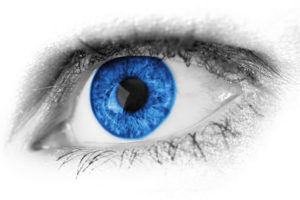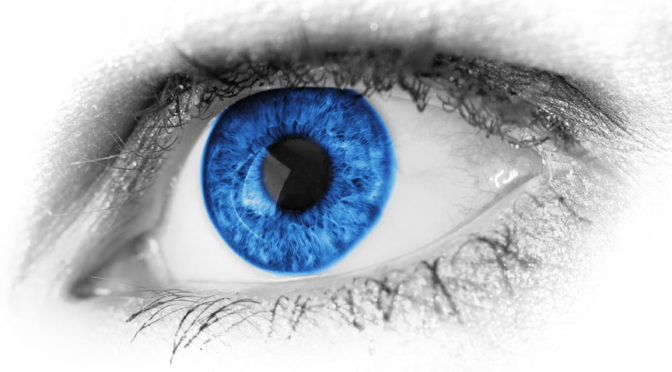 During allergy season many people experience dry eyes. With age, it becomes more common and can be chronic. Whether you’re staring at a computer screen all day or reading music under stage lights, your eyes may begin to feel gritty and dry. The problem develops when the eye cannot maintain a healthy coating of tears.
During allergy season many people experience dry eyes. With age, it becomes more common and can be chronic. Whether you’re staring at a computer screen all day or reading music under stage lights, your eyes may begin to feel gritty and dry. The problem develops when the eye cannot maintain a healthy coating of tears.
There may be any number of causes: dry environment or workplace (wind or air conditioning); sun exposure, smoking or secondhand smoke exposure; cold or allergy medicines; or hormonal changes brought on by menopause.
People who work long hours staring at a computer screen are likely to blink less often and are more susceptible to dry eye. (Optimally, people should blink about 15 times a minute or every four seconds.) Those who have had Lasik or other refractive surgery, where their corneas have reduced sensation due to incisions or tissue removal, may also experience dry eye. Long-term contact lens wearers are also at risk.
More serious conditions—auto-immune diseases, such as lupus, rheumatoid arthritis, or thyroid disease—can contribute to the problem. Dry eyes can also be a symptom of Sjögren’s Syndrome, an autoimmune disorder associated with rheumatoid arthritis and other auto-immune diseases.
Any number of over-the-counter and prescription medications can reduce tear secretion.
While there is no cure for dry eye syndrome, you can find relief.
Here are some tips to help relieve dryness:
- First, be sure to have regular eye exams. The American Optometric Association recommends that people aged 18-60 get eye exams every two years, as long as they are symptom-free. At-risk and symptomatic patients should have their eyes examined at least once a year and whenever they are experiencing problems.
- Apply warm compresses on the eyes. Wet a clean cloth with warm water. Hold the cloth over your eyes for five minutes. Rewet the cloth with warm water when it cools.
- Control inflammation by cleaning lids with mild soap. (Ophthalmologists often recommend baby shampoo.) Apply cleanser on clean fingertips and gently massage your closed eyes near the base of your eyelashes. Rinse thoroughly.
- Massage your eyelids to activate secretions.
- Only use recommended eyelid cleaners.
- Use artificial tear ointment or thick eye drops just before you go to bed.
- Avoid using a hair dryer.
- Run a humidifier to add moisture to the air.
- Protect your eyes from sun and wind with sunglasses.
- Consider adding more omega-3 oils to your diet (salmon, sardines, tuna, trout, anchovies, and flaxseeds). In studies omega oils appear to improve the eye’s Meibomian glands, which produce the oily part of tears. Fish oil may also reduce inflammation.
- Try to avoid medications that deplete body fluids.
- Ask your doctor about punctal plugs, which are placed in the tear ducts to retain lubrication.
If you have chronic dry eyes contact an ophthalmologist for evaluation. Left untreated, dry eye (keratoconjunctivitis) can lead to pain and more serious conditions such as ulcers, scars on the cornea, and partial impairment of vision. Permanent vision loss, however, is uncommon.


